Keywords: Employment Services
-
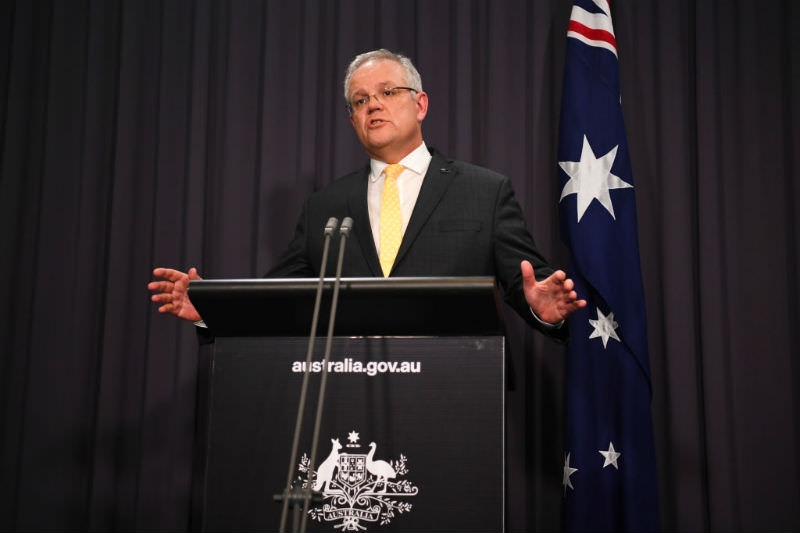
AUSTRALIA
- John Falzon
- 10 April 2020
25 Comments
Already the ideological die-hards of neoliberalism are working out how the pandemic might be manipulated to lower wages and to snap back to the old economic normal. So now is when collectively we need to take over the framing and the forming of the future. Not to snap back but to spring forward.
READ MORE 
-

AUSTRALIA
- Danusia Kaska
- 08 April 2020
5 Comments
The COVID-19 pandemic came swiftly and without any warning to turn our lives upside down. But while many of us are living the routine of our lives very differently now, people who are homeless or those at risk of homelessness are experiencing this pandemic in an acutely difficult way.
READ MORE 
-

AUSTRALIA
- Celeste Liddle
- 02 April 2020
7 Comments
While there have been endless social media posts, political campaigns and the like about staying safe by staying at home, I have been concerned about the many people who are not safe at home and what this may mean to them. What will this mean for the woman who’s been living with a domestic violence perpetrator for years?
READ MORE 
-
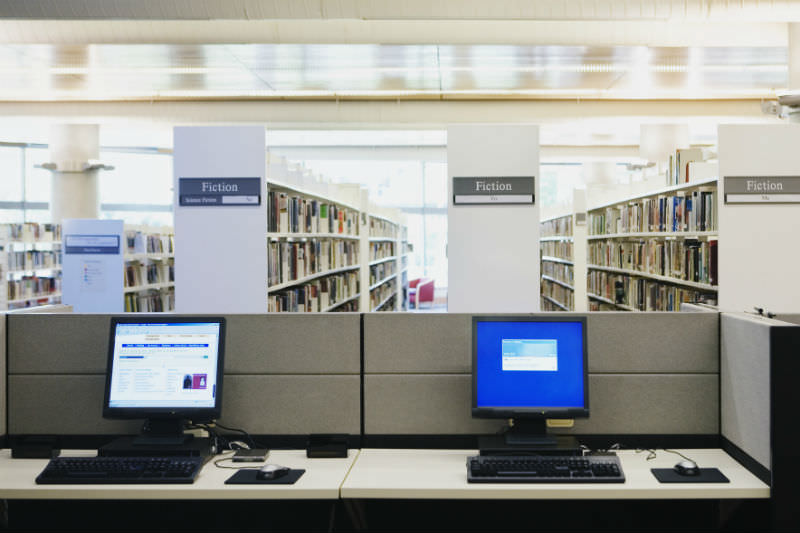
EDUCATION
- Nicola Heath
- 27 March 2020
9 Comments
A laptop or tablet and the internet are not universally available to Australian students. In 2016-17, 1.25 million Australian households lacked the internet home connection that’s required to make full use of online learning platforms like Class Dojo, where my daughter’s class is congregating during the coronavirus lockdown.
READ MORE 
-

AUSTRALIA
- John Warhurst
- 23 March 2020
20 Comments
COVID-19 brings many tests. Amid the health, economic and financial crises brought about by the pandemic, our greatest test is to conduct ourselves as a robust democracy and to demonstrate that we are a fair society. Neither test will be easy to pass, but we must aim to emerge at the other end as a better society.
READ MORE 
-

AUSTRALIA
- Cristy Clark
- 12 March 2020
24 Comments
This behaviour did not come out of nowhere. It has been carefully cultivated through over 40 years of neoliberal economic policies that have made it blatantly clear to people that they are on their own and will absolutely be left to fall if they don’t scramble their way to the top of the heap — supported, if necessary, by their own accumulated rolls of toilet paper.
READ MORE 
-
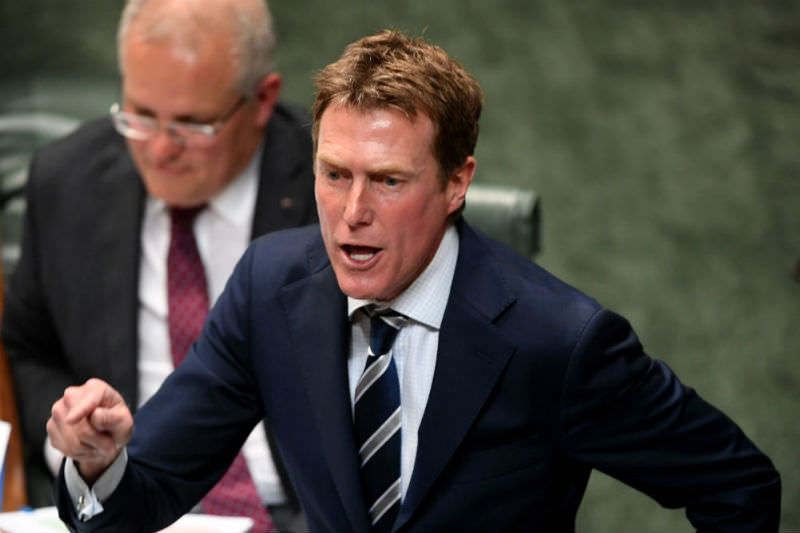
AUSTRALIA
- John Falzon
- 03 March 2020
27 Comments
The Morrison government despises the working class. There is no other explanation for its behaviour. For all the ‘lifters and leaners’ or ‘workers and shirkers’ guff that we’ve seen over the years from this and past governments, the truth is that, according to the neoliberal worldview, whether you’re in paid work or on social security, you’re despised unless you belong to its own big money elite.
READ MORE 
-
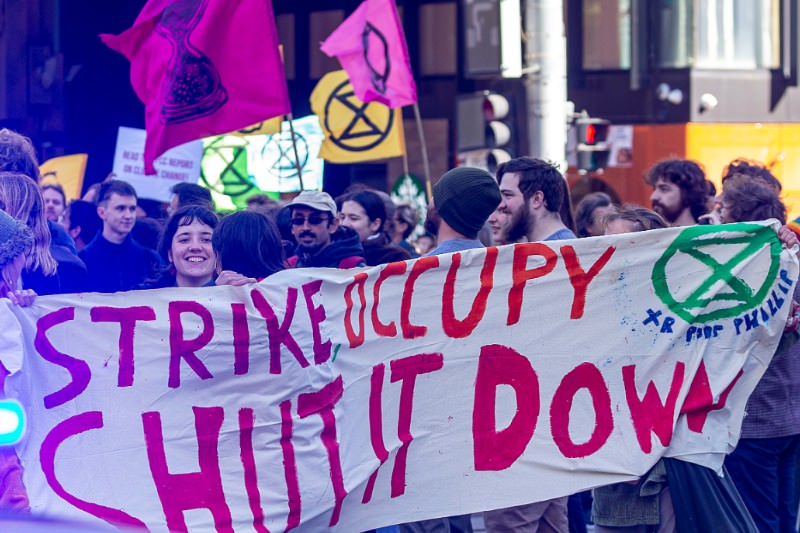
ENVIRONMENT
- Kate Galloway
- 04 November 2019
5 Comments
It is up to business to determine what the market wants. And business is being given a very clear message of market sentiment, through people protesting. For government to attempt to regulate this is a burden on freedom of speech and a significant imposition on the market mechanism, the very thing Morrison says he is trying to protect.
READ MORE 
-
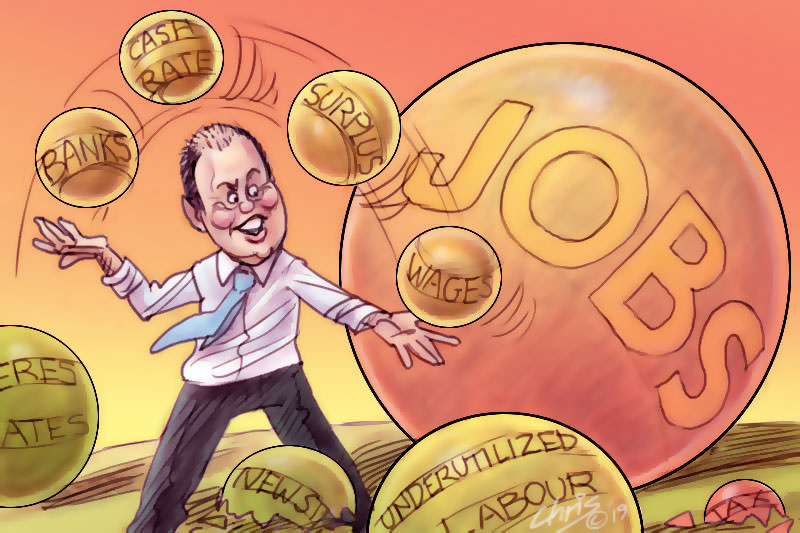
AUSTRALIA
- Joe Zabar
- 18 October 2019
3 Comments
Treasurer Josh Frydenberg's attack on banks for failing to pass on the full rate cut to consumers is a political distraction. There are two clear signals coming out of the latest cut. First, monetary policy is not enough to spark a revival of the economy. Second, it's now all about jobs. Frydenberg and his officials would be wise to heed these signals.
READ MORE 
-
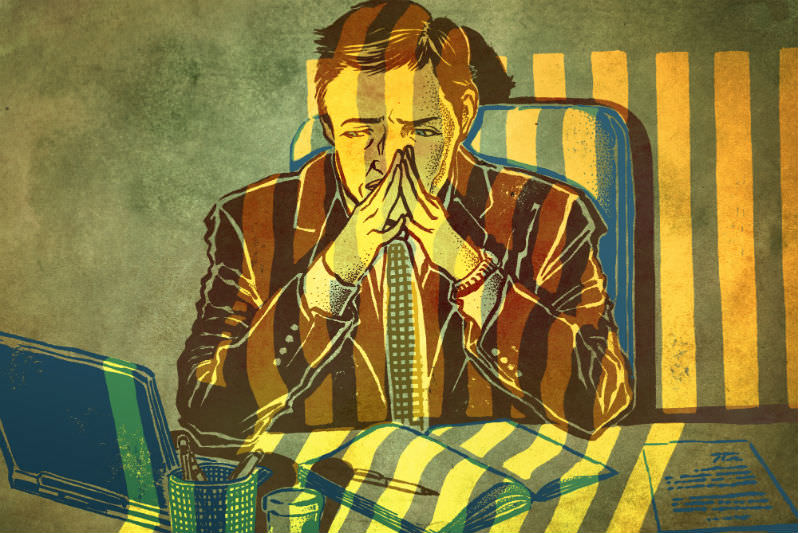
AUSTRALIA
- Nicola Heath
- 10 October 2019
7 Comments
For a nation with such a significant convict history, Australians take a peculiarly puritanical approach to prisoner welfare. Punishment, not rehabilitation, is often viewed as the point of the justice system. We take a very dim view of anything that could be construed as a prisoner perk. One such perceived privilege is access to the internet.
READ MORE 
-
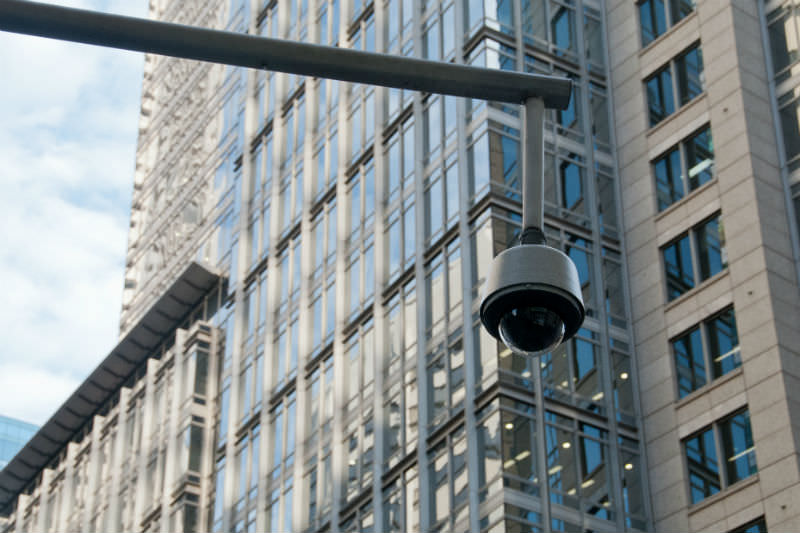
AUSTRALIA
- Kate Galloway
- 08 October 2019
6 Comments
If government is concerned for citizens' wellbeing, it should properly resource services — drug and alcohol support, parenting support, subsidised childcare, education and so on. Instead, it is generating a system of social credit: rewarding those who toe the line and punishing those whose 'score' falls below that of the 'good citizen'.
READ MORE 
-

ARTS AND CULTURE
- Gillian Bouras
- 24 September 2019
6 Comments
Raised by Politically Pink Parents, I was in my youth rather wary and suspicious of capitalism and capitalists. Eventually I realised that the only thing wrong with money is that not everyone has enough of it. We hear too much about arch-capitalists like the Trumps and the Koch brothers.
READ MORE 